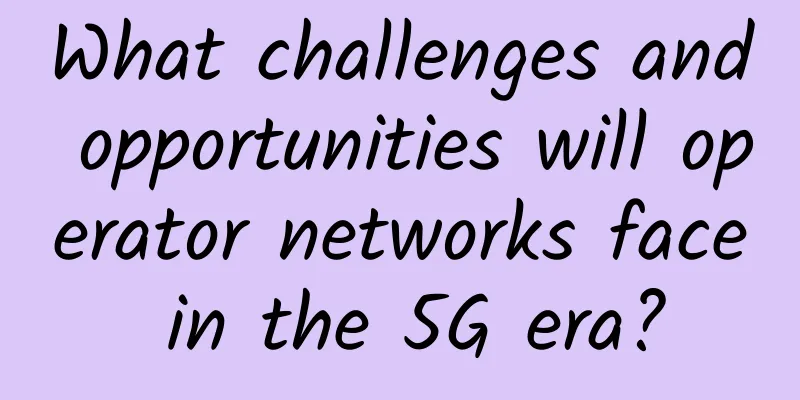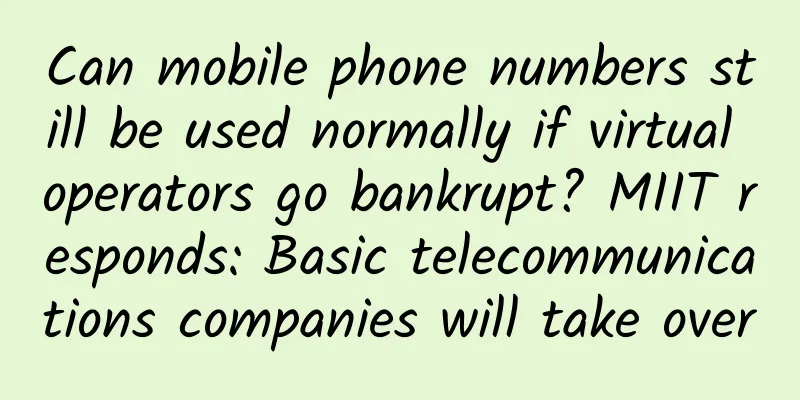The mobile phone business was hit hard in 2020: Even the 5G boost could not save sales

|
Even though 5G has been gradually deployed to mainstream consumers and boosted the mobile phone business, it still couldn't save mobile phone sales in 2020. In the magical year of 2020, even a 5.7% year-on-year decline in the third quarter of 2020 became good news. In a normal year, this is obviously not good, but it is significantly narrower than the approximately 20% decline in the first/second quarter. Before the impact of the COVID-19 pandemic, the global mobile phone business was already on a downward trend. In 2019, Brian Heater, editor of foreign media TechCrunch, wrote a forecast article titled "Global smartphone sales are expected to drop by 2.5% this year" and "To everyone's surprise: smartphone sales fell again in the second quarter of this year." The reasons for the decline can be summarized as follows: First, high-end mobile phones have become more expensive, and the flagship model has exceeded the ceiling of 1,000 US dollars. The second reason is that the quality of mobile phones has improved, and consumers are less motivated to upgrade. According to surveys, consumers' upgrade cycles have slowed down significantly from the traditional once every two years. Coupled with economic difficulties, many mobile phones will have a longer service life. In March of this year, Heater wrote an article stating that "less than 1% of 5G phones were purchased in the United States in 2019". After years of hype about 5G, the number of 5G phones actually owned by consumers is far lower than the advertised proportion, which is a cognitive bias. The main reason is that there are not a large number of 5G phones available in the United States, and the network deployment range is also very limited. He noted at the end of the report. Of course, it remains to be seen how COVID-19 will affect sales. What seems certain is that, like every aspect of our lives, it will have a notable impact on the number of people who buy expensive smartphones. Of course, something like a smartphone purchase tends to diminish in importance when faced with something like a global pandemic. Due to the pandemic, more and more Americans are staying at home. For this reason, the money they would have spent on electronics has gone to products like PCs, as they have switched to remote work. Another big problem here is simple economics. So many people are unemployed and so many things have become uncertain that smartphones have once again been elevated to the status of a luxury item. There are reasons for hope, though. It seems likely that 5G will eventually help right the ship — though it's hard to say when. Likely a lot will depend on how quickly we're able to get back to "normal" in 2021. But for now, there are some positives to be seen in early iPhone sales. After Apple went all-in on 5G this year, sales of the new phone (perhaps unsurprisingly) outpaced sales of all other 5G phones in October, according to analysts. Maybe 2021 will be the first year of 5G, because 2020 was definitely not it. |
>>: Record-breaking! US 5G license auction turnover has reached $69.8 billion
Recommend
Edge Data Centers and the Impact of 5G
A new category of data center will become a major...
China Unicom and China Telecom refuted the rumor that some 5G networks were shut down and the first batch of users were abandoned
Some media reported that "the first tens of ...
Akamai Launches Prolexic Network Cloud Firewall
April 25, 2023 – Akamai Technologies, Inc. (Akama...
How to Optimize Your Wi-Fi Network for a Smart Home System
Evaluate your current Wi-Fi network Before gettin...
DesiVPS: $25/year KVM-2GB/40GB/1Gbps unlimited traffic/Los Angeles data center, free IP change 3 times a year
DesiVPS has just sent out the latest promotional ...
Microsoft Build 2017: Officially released Visual Studio for Mac
On the evening of May 10th, Beijing time, Microso...
RAKsmart March Promotion: Dedicated servers limited flash sale starting at $30/month, bare metal cloud/cloud servers starting at $1 for the first month
RAKsmart's "Everyone Goes to the Cloud&q...
Retail Colocation Data Center vs. Wholesale Data Center: How to Choose
Wholesale data centers offer more control, while ...
MiWi protocol, a network protocol suitable for small IoT
There are many ways to achieve short-distance com...
Summary of precautions and common problems in the use of twisted pair cables in weak current engineering
Twisted pair wire is the most commonly used trans...
Patent empirical analysis of opportunities and challenges in China's development of 6G communications
Compared with 2G communication network, 3G realiz...
Link aggregation, redundancy, stacking, and hot backup of core switches
1. Link Aggregation Link aggregation is the combi...
Huawei 5G is dead? 5G order numbers have not been updated for 10 months, Ren Zhengfei has other plans
Huawei's 5G development is hindered With the ...
DiyVM: 50 yuan/month KVM-2GB/50GB/5M/Hong Kong CN2 & Japan & US data centers available
In the past 2022, DiyVM has made a series of chan...
Ministry of Industry and Information Technology: my country has built nearly one million 5G base stations covering all prefecture-level cities across the country
At present, the number of 5G terminal connections...









